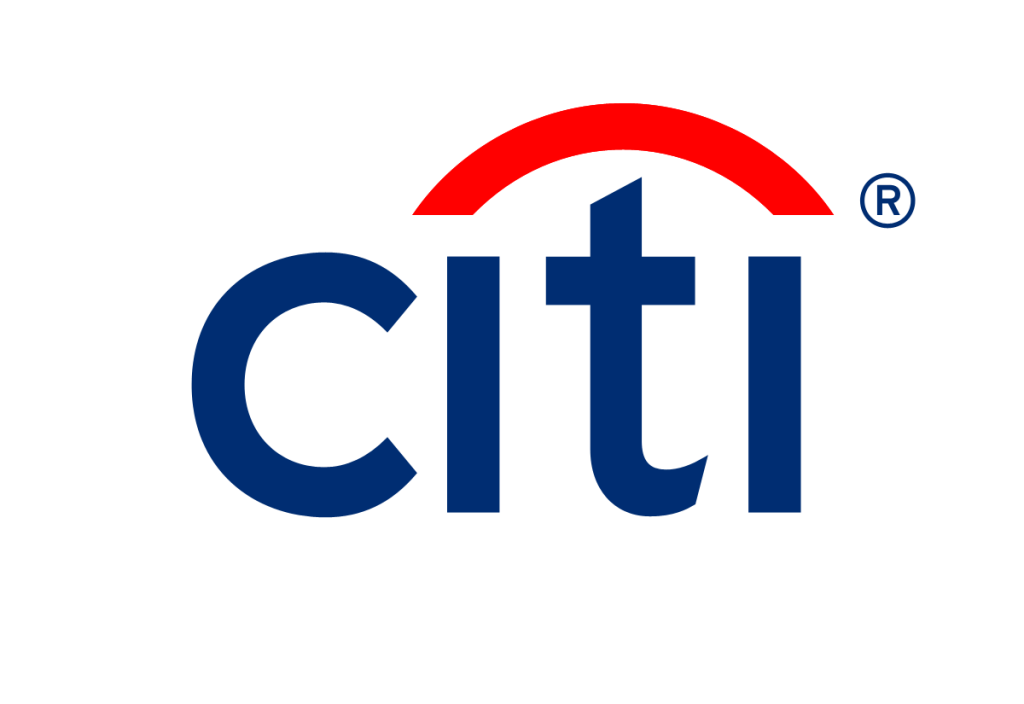
When you’re trying to create a standout offer to buy a home, it’s important to consider the tools and tactics at a buyer’s disposal. According to industry experts, there is more to a home offer than just the price you are willing to pay. Other aspects of an offer, they say, create more opportunities for you to lock in a home – and could make all the difference.
Here are some of the key tactics and pieces of advice, shared by industry professionals on the housing market’s front lines, that go into creating an initial offer to buy a home, along with the negotiations you should be poised for if you catch the seller’s attention.
Get pre-approved to show you mean business:
Consider obtaining a pre-approval for a mortgage from a lender by the time you reach the offer stage, as this document can play a key role in the negotiation process. First, the pre-approval letter tells the seller that you are serious about buying a home and that you have a commitment from a reputable lender on how much it will lend to you. Second, it allows you to tailor your offer to each individual house you put an offer on.
According to Matt Sharp, Area Lending Manager at Citi, “It’s really important when you are in the buying process that lenders have a communication with not only the buyer but also with their realtor,” Sharp said. “Working hand-in-hand with the realtor and understanding what homes the buyer is looking at lets the lender know how they might need to adjust that pre-approval in a timely manner to allow the buyer to put in an offer. If they have a working relationship, they can usually get those things done pretty quickly.”
Outline your parameters, and where you can be flexible:
Key points to consider communicating in an offer include the expiration date of your offer, any contingencies that may void your offer, and, of course, the purchase price you’re willing to pay for the home.
Monique Bryher, broker-associate/Realtor at Pinnacle Estate Properties, explained that each home has its own unique situation, and by working together with your home-buying team, you can find ways to use different circumstances to your advantage to make your offer appealing to the seller. For example, one seller’s key contingency may be that they must be able to find another property to buy before selling, and you’re able to negotiate on your move-in date. Another seller’s home may need repairs, and you put in your offer the need for a seller credit to pay for them. This would save the seller time and labor to do repairs before selling and could tip the scales in your favor. Think of this as giving yourself the chance to compete. Ideally, you want your offer to be one step ahead of competing offers.
Figure out if you can include an escalation clause:
This is the essential ingredient in your offer that allows it to automatically match or beat other offers. An escalation clause tells the seller that you will buy the home for $X, but if they receive another offer that is higher than yours, you are willing to raise your offer by a preset dollar amount. In high-demand areas, escalation clauses should be considered.
In an extremely competive market? Consider an appraisal gap:
Adding an appraisal gap to your offer tells the seller that even if the property appraises for less than the purchase price in the contract, you are committing a preset dollar amount to making up the shortfall. This is important because it’s common to go over the asking price in a bidding war, and even though you say you will pay a certain amount, the bank will not lend you more than the appraised value of the home. This means you have to have the cash on hand to make up the difference.
When it comes to using this third negotiating tool, Bryher said appraisal gaps must be considered carefully. They’re a potentially powerful way to make an offer stand out, as long as that money isn’t taking away from the buyer’s down payment, and the buyer can afford the risk of having to use the appraisal gap if the appraisal comes up short. This is a bit of a gamble since the buyer won’t know for sure if they have to use the money until after the appraisal. There is a chance they could offer an appraisal gap and never have to use it. But, the buyer has to have the money ready in the situation that they do. Remember, there needs to be a discussion upfront between the buyer and real estate agent when bidding on a home – especially if you’re bidding over the asking price – on how much the home is likely to appraise for.
Use the home inspection as a bargaining chip:
After the appraisal, getting the home inspected is another major part of the home-buying process.
While a home inspection is a valuable way to get to know your new potential home, it can also be used as a negotiation tool. One option is to reassure the seller early on that they won’t be buried in inspection requests by saying you will only request the seller address repairs that deal with severe structural or mechanical defects.
Buying a home is a process and, in a seller’s market, it can take multiple tries before buyers get their home. But from his experience, Sharp said even in the most competitive markets, there’s typically a home out there for you. It’s just a matter of making sure that you’ve done your work upfront.
This Citi team knows the importance of a pre-approval in making a home offer and it can help you put your best foot foward. With readily available mortgage representatives who can help get you through the first step of the home-buying process, the Citi team is ready to work with you to kickstart your homeownership journey.
Sponsored content presented by Citibank, N.A. NMLS #412915. Member FDIC and Equal Housing Lender.





